Editor’s Note: Spoilers for Stranger Things follow.
Now and again, a show comes along that reminds you that strong female characters are not a monolith. They don’t have to look like near-invincible superheroes kicking ass in tiny outfits or cold, emotionless women sloughing off their femininity. Sometimes they wear mom jeans and plaid shirts. Sometimes they have a fondness for Eggo waffles. Sometimes, strength is stranger.
I didn’t expect Stranger Things to deliver on complex characters. The Netflix original is a clear homage to cheesy 80s flicks, with a strong head-nod to 80s sci-fi and horror—genres that aren’t known for their progressive treatment of women. So it came as something of a surprise that, far from being cookie-cutter, the majority of the show’s female characters are multi-layered, well rounded, and—dare I say, for a show about a government conspiracy, an alternate dimension, and a rampaging monster—realistic?
Following in the footsteps of such classics as E.T., The Goonies, and Stand by Me, Stranger Things does center primarily on its male characters, a group of small boys desperately searching for their missing friend. But while the women of Stranger Things are mostly relegated to fairly traditional roles (mother, sister, best friend, love interest), both the show’s central plot and the depth of the script elevates these characters out of stereotype.
Take Nancy (Natalia Dyer), for example. Petulant, soft-core rebellious, and infatuated with a dude whose hair and ego both defy the laws of physics, at first it’s difficult to connect with her. Nancy fits very neatly into the “final girl” archetype—at least in the first few episodes, where she’s caught between her desire to hook up with Steve and her desire to study for her chemistry test. As she makes increasingly questionable choices (including being the suckiest best friend in the history of suck), it’s tempting to write her off as future monster chow or boring romantic interest. But part of what makes Stranger Things so special is its propensity to upend tropes, an opportunity taken at every turn with Nancy’s character. Stranger Things doesn’t seem to want you to root for Nancy—at least not completely. The show bucks the notion of an ideal heroine by delivering, instead, a typical teenage girl—not Hollywood typical, but actually typical: Nancy makes mistakes, she says and does shitty things, and she makes decisions which have horrible (and final) consequences.
But just when you think you have a handle on her, Nancy defies her archetype with an agency that feels both complex and genuine. Her negotiation of her own sexuality is remarkably nuanced, she strikes up a friendship with Jonathan Byers and stands by him even when her own newly-minted popularity is at stake, and she kicks ass in a way that feels believable rather than cheap. And best of all, her primary motivation (once she pulls her head out of her ass) is to save her best friend. It’s refreshing to see a young woman in a genre piece tackle an arc that’s more to do with friendship and redemption than sex and romance—without completely erasing those aspects of her personality. Oh, and she’s got better aim than the tortured anti-hero. Hell yes.
The Internet has already exploded with a strong and powerful love for Barb, Nancy’s unfortunate and ill-fated best friend. Like Nancy, Barb subverts the “final girl” trope, turning the sex=death/virginity=safety dichotomy upside down. Critics have slammed Stranger Things for throwing Barb under the bus; she is, after all, the more likable character. She’s smart, down-to-earth, a great friend, and checks Nancy on her bullshit. But fridging Barb does, regrettably, serve a purpose. If horror movies are morality tales (and academics would argue they are), then Barb’s death is a reminder that in the real world, it doesn’t matter how “good” you are: bad things happen anyway. As a woman, it’s a chilling echo of real-world monstrosities where conservative media peddles the idea that decorum evades danger. Barb isn’t punished for any wrong doing; she’s simply—heartbreakingly—in the wrong place at the wrong time.
Weirdly, it’s the moms of Stranger Things who really hooked me in—perhaps because, unlike their 80s screen counterparts, they’re actually portrayed as people. There’s a tendency to forget that mothers have lives and personalities of their own, especially in media of the era (unless they’re being demonized as controlling, monstrous agents of evil). By contrast, Joyce Byers (Winona Ryder) and Karen Wheeler (Cara Buono) keep their maternal instincts without sacrificing their individuality.
Joyce Byers, as the mother of missing boy Will, is given an unprecedented amount of screen time, centralizing the narrative of maternal grief in a way few (if any) genre films of the time ever did. Really, Stranger Things is Joyce’s story: Will’s disappearance sets the plot in motion, and Joyce’s unflinching resolve to get him back propels it forward. But Joyce is so much more than a plot device. Played expertly by a frantic, harried Winona Ryder, Joyce’s breakdown is personal, alarming, and disturbing. Some critics have called it “hysterical”—in the pejorative sense—which is telling in and of itself. Ryder’s portrayal is extreme, but perhaps we’re so used to seeing female emotion downplayed on screen (the single tear, the swoon, the fainting couch) that realistic grief seems jarring, even camp. Personally, if my son had been snatched by a hideous flappy-faced monster that was now trying to smoosh its way through my suddenly-viscous walls, I’d be hysterical too.
Were this an actual 80s movie, Karen Wheeler wouldn’t exist at all. She’s not central to the plot; as Nancy and Mike’s mom, her role could have been reduced to a couple of background shots and some lines about eating their vegetables. But she’s a present force in Mike and Nancy’s lives, referred to often (particularly by Mike, who seems to have unflinching faith that his mom can make everything okay) and stealing the scenes in the interactions she has with her children. When Mike stays home “sick” (in a clear homage to E.T.), Karen sees through his ruse but, rather than calling him out, reassures him that she’s not mad. “This stuff with Will…” she says “I can’t imagine what it’s been like for you. I just want you to feel like you can talk to me.” It’s a sentiment she repeats when Nancy returns home late after spending the night with Steve, and though the conversation is fraught (as interactions with mothers and teen daughters often are), Karen’s tenderness and concern shine through. In another conversation with a distraught Nancy, Karen attempts to hold her, reassuring her that she’s listening, and that Nancy’s feelings are heard. She offers support to Joyce, is fiercely protective of her family (even when dealing with scary government agents), and most definitely wears the pants in her relationship. She’s not a revolutionary character, but she exhibits the same kind of quiet, admirable strength as Barb. And for that, I love her.
And then, of course, there’s Eleven. At first exemplary only of the mysterious waif trope (or, slightly more uncharitably, the alien-in-your-bike-basket trope), Eleven seems to exist purely to further the plot. A pre-pubescent child with a shaved head and nondescript hospital gown, she’s initially mistaken for Will, the missing boy. This identity/gender slippage was the first inkling I had that Eleven might not be your typical secret girlchild badass. In a genre that tends towards sexualizing female heroes (even very young ones—I’m looking at you, Hit Girl) it’s refreshing to see a child be…well, a child. Part of Eleven’s appeal is that she’s both vulnerable and powerful, with neither trait canceling out the other. She’s got wicked strong telekinetic abilities, but she struggles with language. She can slip between dimensions and navigate the upside down, but she’s often paralyzed by traumatic flashbacks. This complexity prevents Eleven from becoming simply a tool to further the plot, and gives her resonance and depth as a fully realized character. As for the gendering/misgendering, it’s delightful to watch Eleven play with her appearance and presentation, “disguising herself” as a saccharine-sweet Goldilocks in Nancy’s old pink dress and inexplicable blonde wig (a wig, Nancy? Why?). The fact that she continues to kick ass whether stripped of her femininity by a government-enforced buzz cut or prancing about in a frilly frock is just another example of Stranger Things refusing to reduce women and girls to a binary. Strength, they seem to be saying, has nothing to do with costume.
Again and again, Stranger Things challenges and overturns tropes, vanquishing flat female characters to the upside down and replacing them with—well, something a little stranger. This is what happens when a show makes a commitment to write good, believable female characters; not tokenistic one-note representations, but fully-fledged women capable of rage and insecurity, grief and love, innocence and monstrosity, and everything else in between.
Want more stories like this? Become a subscriber and support the site!
Kia Groom is an Australian writer, editor, and publisher currently residing in New Orleans, Louisiana. She’s published numerous essays, poems, and short stories, and runs the intersectional literary magazine Quaint. You can find her on Twitter @whodreamedit and on her website, kiagroom.com.
—The Mary Sue has a strict comment policy that forbids, but is not limited to, personal insults toward anyone, hate speech, and trolling.—
Follow The Mary Sue on Twitter, Facebook, Tumblr, Pinterest, & Google+.



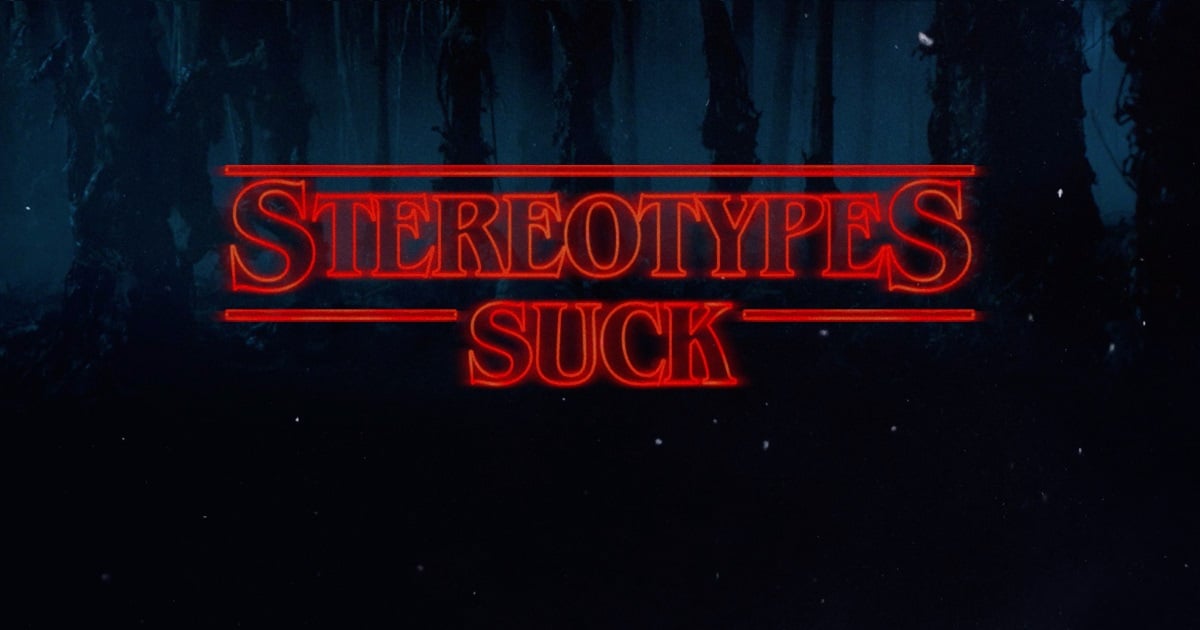
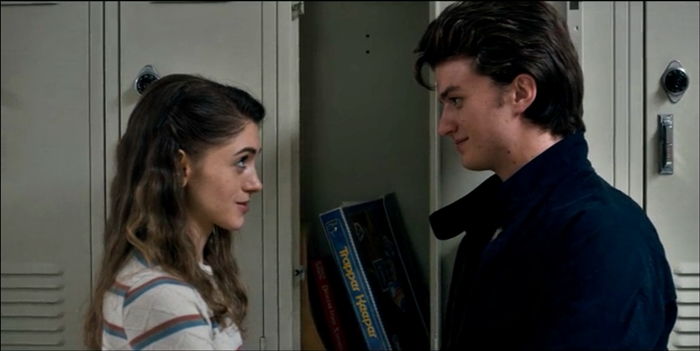
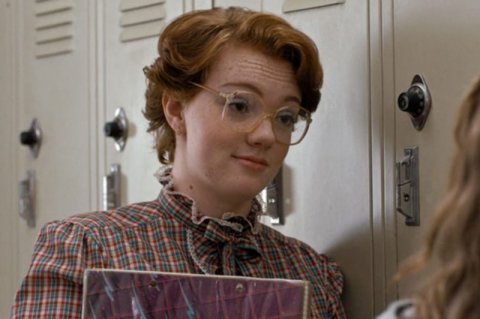
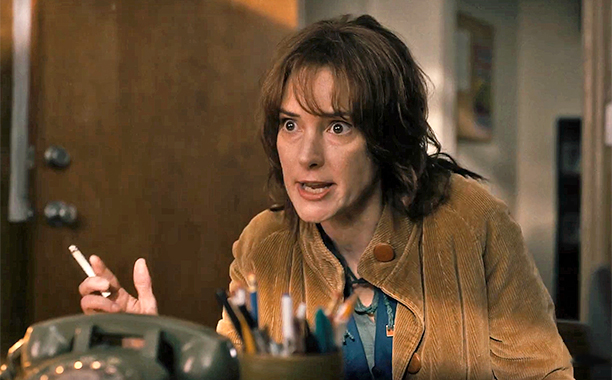
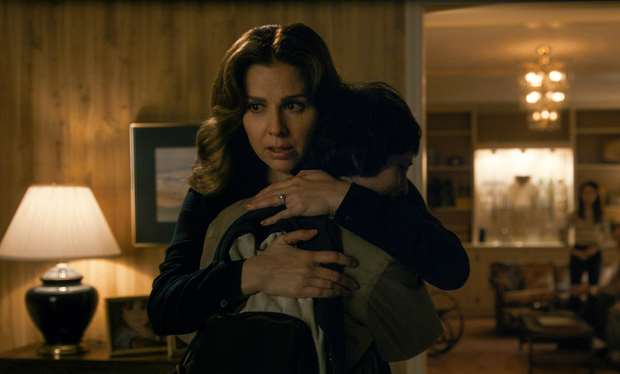
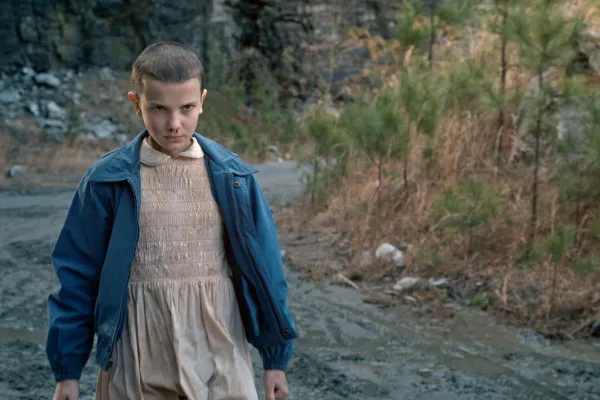





Published: Aug 21, 2016 11:00 am